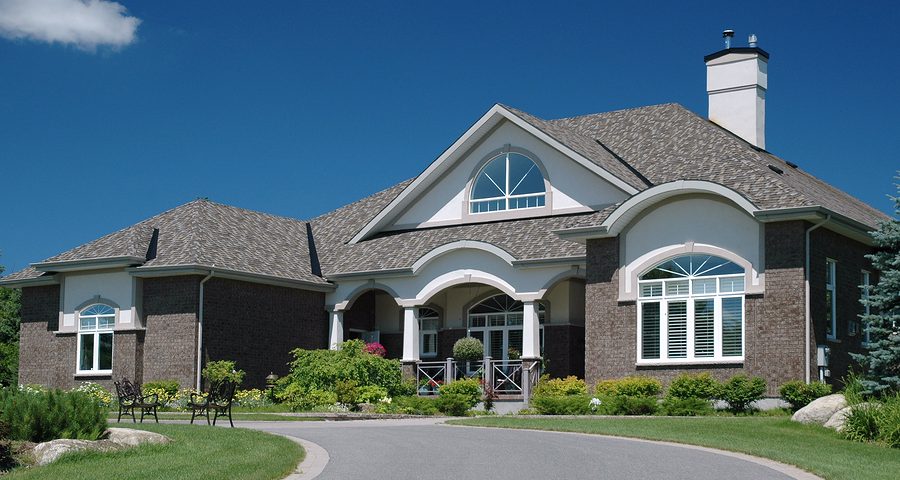- Credit Restoration Experts Nationwide

How Can I Improve My Credit Score? – Part I
June 28, 2017
Credit Terms Glossary
June 28, 2017Home Buying – The Single Largest Investment in Life

Putting the housing debacle aside, 66% of Americans own their own home, and most of the rest of the nation wish they could get into homebuying. There is something about home ownership that strikes a chord with Americans. It is HOME. It is financial security. It is permanency. It is status. It is pride. Whatever your reason for wanting to own your own home, there has never been a time in recent memory when the health of our credit reports meant so much.
Usually you get the bug to buy, and you’re off to the races. You are searching, looking with the help of a Realtor®,visiting available homes, and getting more and more excited. THEN you start wondering if you can qualify. Today things are changed. It is prudent now to shop for a mortgage first, THEN look for a home. Shopping for a mortgage can be a bit daunting. Before you start, you must know what is in your credit report. If you credit score is below 640, nobody is going to provide you with a mortgage. If you score is 640-680, you MAY qualify for an FHA loan if you haven’t had a late payment in the past two years. However, if your credit score is above 720, not only will it be easier to qualify, but your interest rates will be the best available…equaling a lower cost per month and overall on the loan.
At least 90 days prior to getting excited about a new home, pull a copy of your credit report forensic audit on your credit file. They will counsel you on what items can be removed from your report, which should improve your score. They will help you with additional trade lines if necessary. They will help you agree on a plan of attack to help your credit report show your best foot forward when you get ready to meet with a lender. This will help assure that you can get the best deal possible for your family.
When you meet with your lender, be realistic about what your family budget can afford. In years prior to the housing bust, the rule of thumb was pay no more than 25% of your net income on housing. This means 25 % of what you take home. 25% encompasses the mortgage principle and interest payment, property taxes, and hazard insurance. So as an example, if you make $7,000 per month gross, and you take home $5,000, then $1,250 is your target number for housing. Budget $1000 for payment, $200 for taxes, and $50 for insurance. Now work the numbers backwards, and see what size house you can afford that will cost you only $1,000 in principle and interest per month. At 4.5% interest, that equates to a housing purchase of just over $300,000. with a 20% down payment.
Even if you can qualify for a larger house, is it really prudent to do so? The reason so many people lost their homes in the housing debacle, and are still losing them today, are two-fold: one, they purchased over their heads; and two, the market erased their equity. So how much house do you really NEED? Now make your decision based upon those factors.

